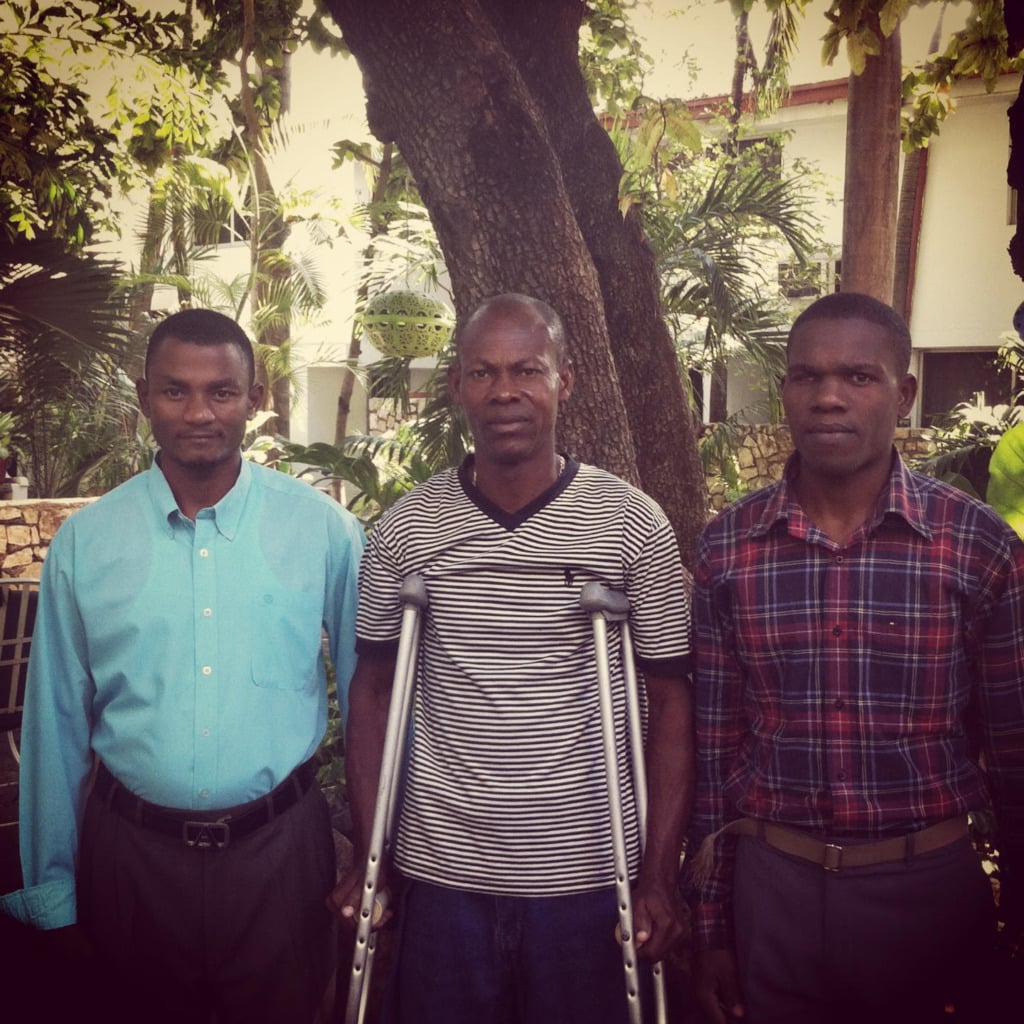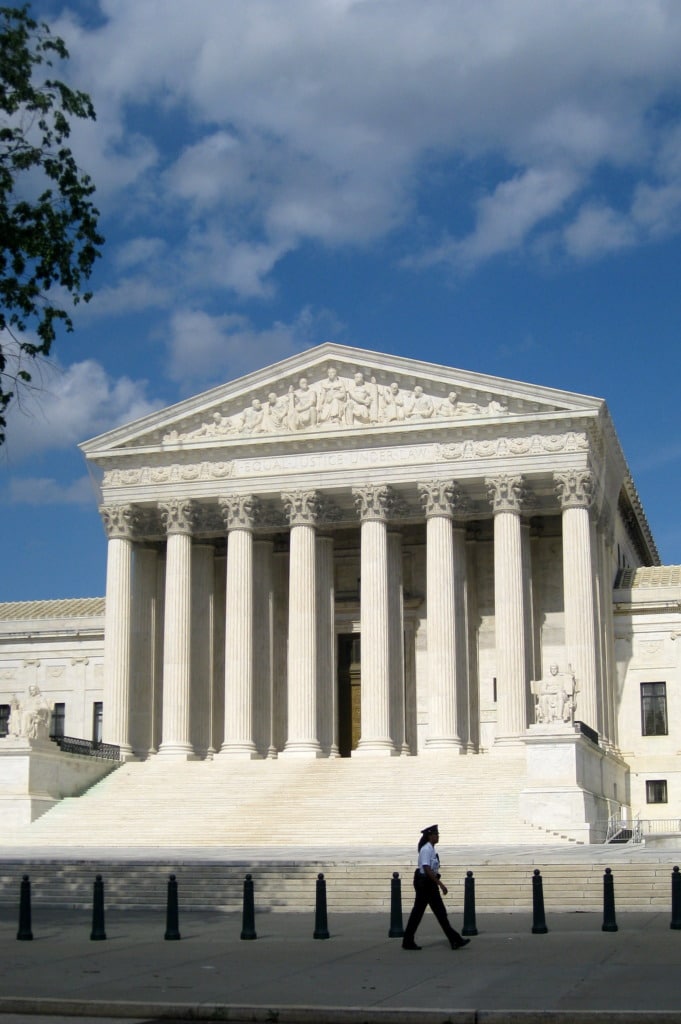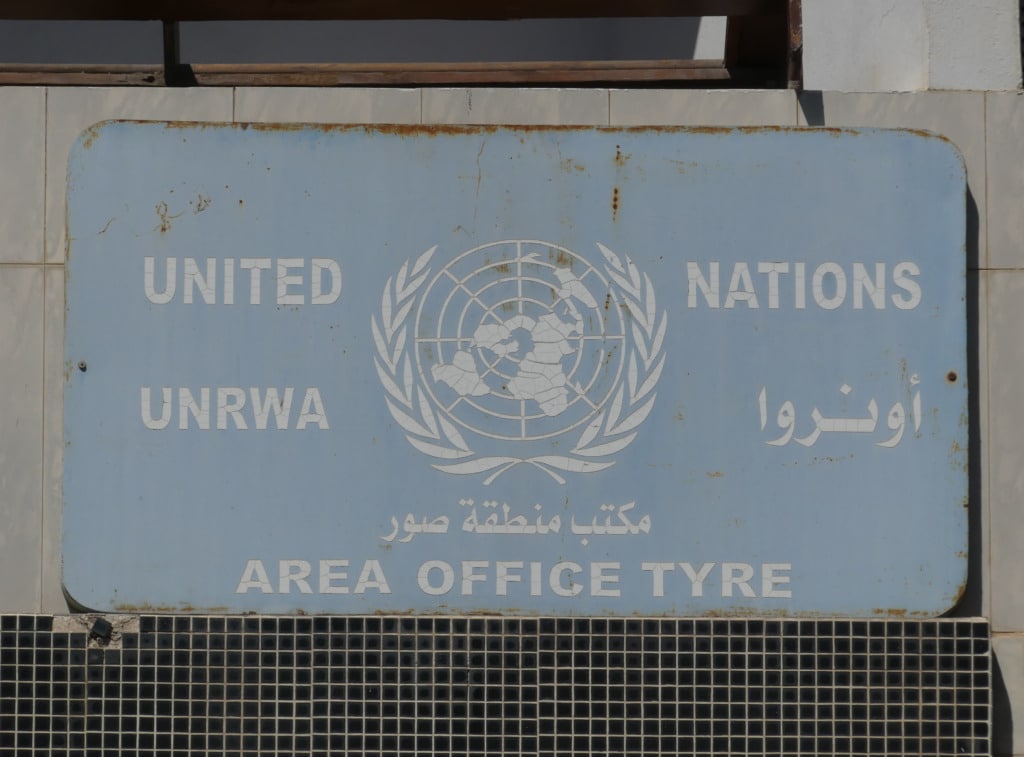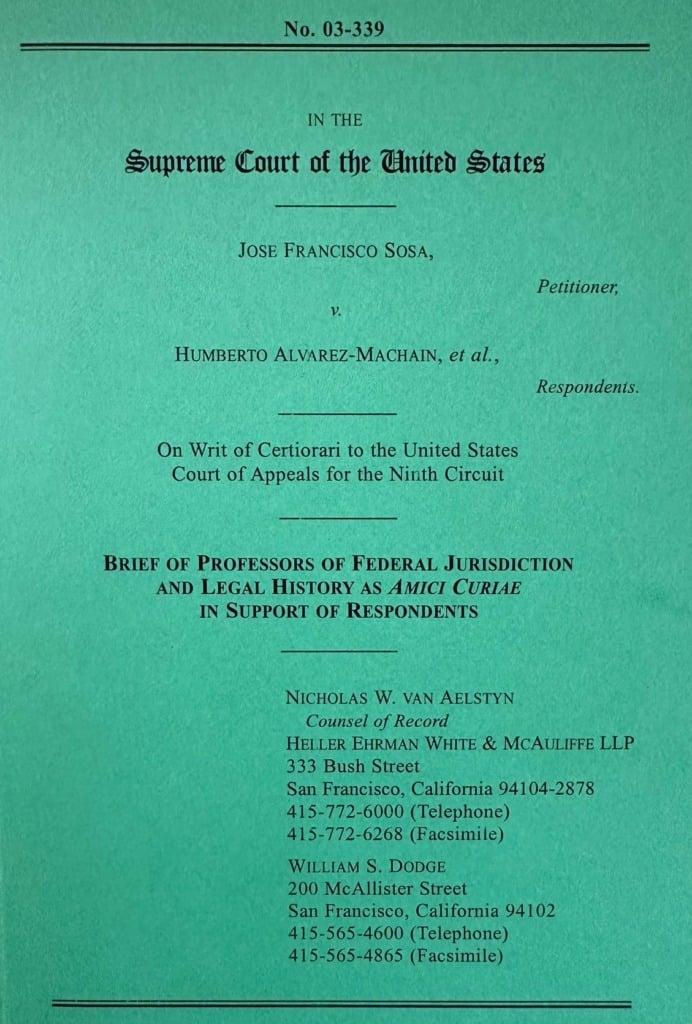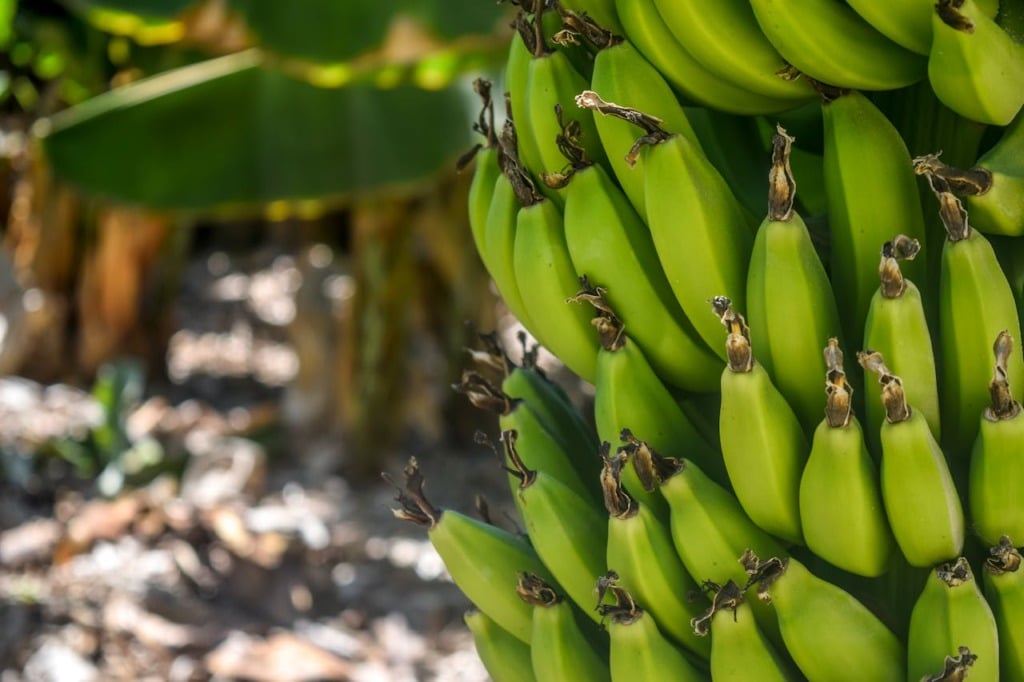Cisco’s Cert Petition
Last Friday, January 31, 2025, Cisco Systems filed a petition for certiorari asking the Supreme Court to review the Ninth Circuit’s decision in Doe v. Cisco Systems, Inc. (2023), a decision holding that claims of aiding and abetting may be brought under the Alien Tort Statute (ATS) and Torture Victim Protection Act (TVPA). As more…
Continue ReadingConstitutionality of TVPA Challenged in First Circuit
As previously reported at TLB, a Massachusetts jury last year awarded $15.5 million in damages against Jean Morose Viliena for torture and extrajudicial killing under the Torture Victim Protection Act (TVPA). Viliena was mayor of a town in Haiti where the three plaintiffs lived. The jury found him responsible for murdering the brother of one…
Continue ReadingTransnational Litigation at the Supreme Court, October Term 2024
Today is the first day of the Supreme Court’s October Term. This post briefly discusses four transnational litigation cases in which the Court has already granted cert, as well as several others that are in the pipeline and could be decided this Term. Readers can also consult our Supreme Court page. Cases in which the…
Continue ReadingNinth Circuit Denies Rehearing in Doe v. Cisco Systems
On September 3, 2024, the Ninth Circuit denied rehearing en banc in Doe v. Cisco Systems. The panel had held that Chinese practitioners of Falun Gong could sue Cisco, a U.S. company, for aiding and abetting human rights violations by building a surveillance system for the People’s Republic of China. Judge Patrick Bumatay (joined by…
Continue ReadingD.C. Circuit Revives Case by Former Saudi Official with Ties to U.S. Intelligence
Dr. Saad Aljabri, a former Saudi official who lives in Canada, sued Crown Prince Mohammed bin Salman (“MBS”) and other defendants, alleging that they tracked him down and tried to kill him because of his relationship to the United States and to the former Crown Prince of Saudi Arabia. As covered at TLB, federal district…
Continue ReadingVictims of Hamas sue UNRWA
Victims of the October 7, 2023, attacks by Hamas have sued UNRWA USA, a Delaware non-profit that provides aid for Palestinians in Gaza. The case is one of several involving the war in Gaza, including one filed by residents of Gaza against the Biden administration and one brought by victims of Hamas against the National…
Continue ReadingThrowback Thursday: Sosa v. Alvarez-Machain
On June 29, 2004, two decades ago, the Supreme Court decided Sosa v. Alvarez-Machain, recognizing an implied cause of action under the Alien Tort Statute (ATS) for violations of human rights norms that are generally accepted and specifically defined. In this post, I look back at Sosa and discuss what has happened in ATS litigation during…
Continue ReadingChiquita Liable for Financing Colombian Paramilitary Death Squads
In a win for international human rights advocacy, a Florida jury has found a U.S. corporation liable for human rights violations committed in a foreign country. This first of three “bellwether” trials involved nine cases. Hundreds remain to be tried in this multidistrict litigation. The jury’s verdict is the latest development in a civil case…
Continue ReadingResidents of Gaza Sue President Biden
The Ninth Circuit is considering a case designed to force the Biden administration to “take all measures within their power to exert influence over Israel to end its bombing of the Palestinian people of Gaza.” Oral argument is scheduled for June 9, 2024. Allegations The plaintiffs are several NGOs, individual Palestinian residents of Gaza, and…
Continue ReadingVictims of Hamas Bring Suit Related to Campus Protests
Victims of the October 7, 2023, attacks by Hamas have sued two U.S. organizations for violating of Anti-Terrorism Act and the Alien Tort Statute. The nine plaintiffs – U.S. and Israeli citizens – allege that defendants serve as a “propaganda machine,” one that intimidates and recruits “impressionable college students to serve as foot soldiers for…
Continue Reading
